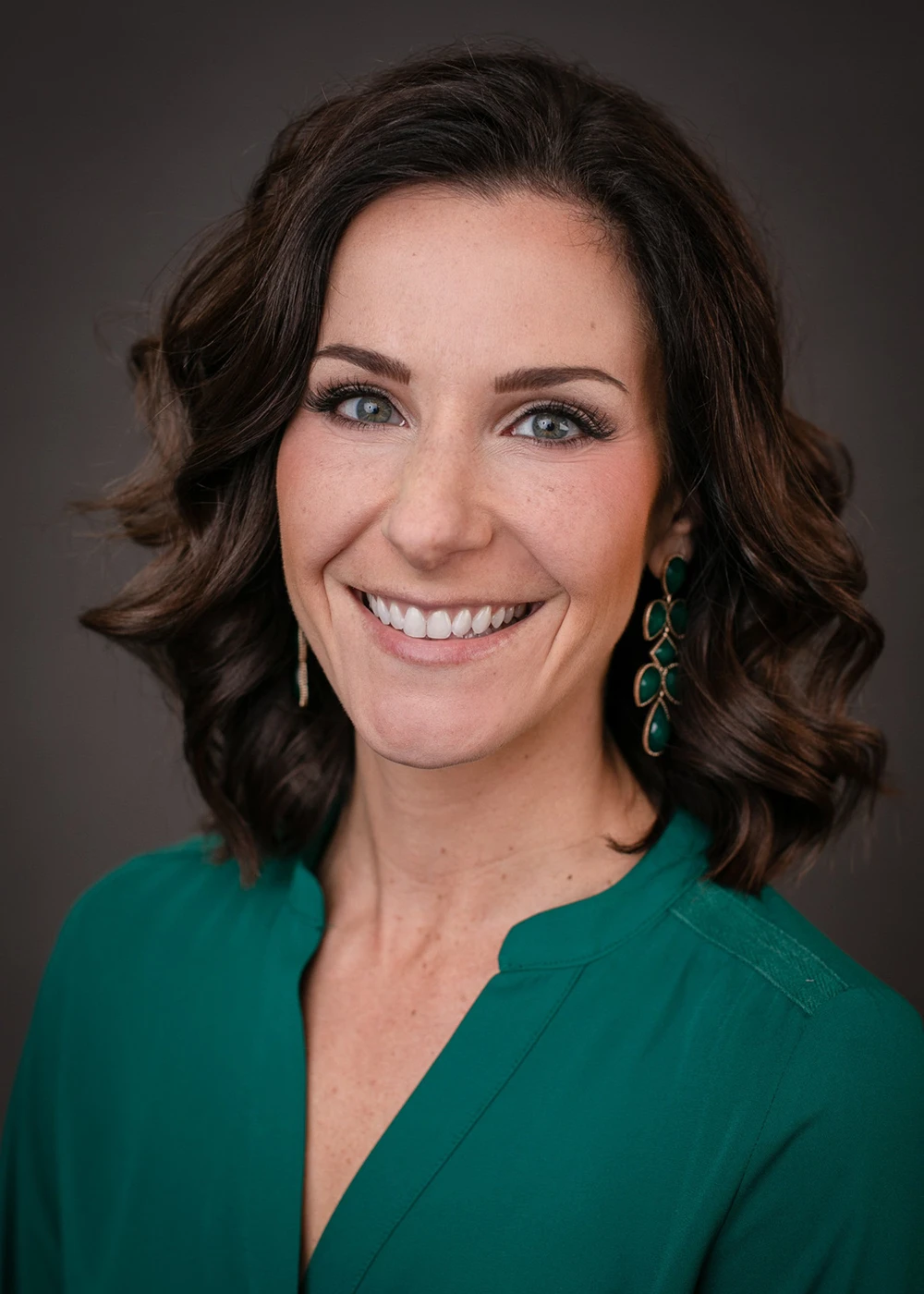
The Meaning of Care Magazine
Skin in the Game: Southwest Iowa Man Takes on Diabetes by Taking Charge of His Health
Published: April 10, 2023


A Lake of the Ozarks golfing trip in May 2022 was the wake-up call Gary Wax, 67, of Macedonia, Iowa, needed. He knew he had to get his health under control, but this trip marked the first time that some of the concerning symptoms he’d been experiencing were on full display.
“I remember going out to eat with our group of guys,” Gary said. “They all laughed at me because I couldn’t read anything on the menu. They had to tell me what was on it and how much everything was.”
He knew why his vision was deteriorating thanks to an annual wellness visit with his Methodist primary care provider, Rachel Stearnes, DO, a month prior.

“That routine appointment took quite the turn because he wasn’t well at all,” Dr. Stearnes said of her patient of seven years. “Gary’s always been a pretty healthy individual – really only coming to see me for annual visits – and here he was with excessive thirst, drinking up to three gallons a day, urinating all the time and just feeling sick. But the thing that struck me the most was his vision. The way he described it wasn’t good.”
“Road signs, books, newspapers – anything real fine became impossible to see,” Gary said. “And I developed really bad floaters in my left eye.”
Testing confirmed that Gary’s blood sugar levels were nearly four times higher than a healthy individual’s. He had developed type 2 diabetes, something that runs in his family.
Explaining the Prevalence
The national prevalence of diabetes has increased dramatically in recent years.
“It’s all I see – all day, every day,” Dr. Stearnes said of the No. 1 cause of adult blindness and seventh leading cause of death in the U.S. “It’s extremely concerning.”
“If type 2 diabetes is treated early and controlled, serious complications – such as kidney failure, heart attack, stroke, fatty liver disease, nerve damage and infection – can absolutely be prevented,” said Methodist endocrinologist Avin Pothuloori, MD.
According to Dr. Pothuloori, the recent rise in diabetes is partly tied to the COVID-19 pandemic. He said COVID-19 infection can damage insulin receptors – or “doors that open up and let sugars enter the muscles for fuel”– and eventually cause diabetes. But new-onset diabetes is also hitting individuals who’ve never contracted COVID-19.
“The most likely explanation is that those people got used to becoming less active,” Dr. Pothuloori said. “Earlier in the pandemic, a lot of things were shut down. People were working from home.”
“And I think a lot of people probably turned to food for comfort,” Dr. Stearnes said.
“My Biggest ‘Whys’”
Food was comforting for Gary and his wife long before the pandemic hit.
“I’ve always been a meat and potatoes kind of guy,” he said. “We ate a lot of deep-fried foods and some kind of bread or rolls with most of our meals. And we always had sweets or candy around to snack on.”
He went cold turkey on all of that, though, after his appointment with Dr. Stearnes in April 2022. That’s when she prescribed him insulin and metformin – medications to help manage his blood sugar levels.
Gary researched all he could about his condition. He adopted a strict diet – largely consisting of protein and vegetables – and took up walking, losing more than 30 pounds in the process. He returned to Dr. Stearnes in August for a follow-up appointment.
“I couldn’t believe it,” she said. “In less than four months, his A1C – or average blood sugar levels – literally went from 13.5% to 5.7%, which is almost normal range.”
“I’d say golfing and grandkids have been my biggest ‘whys,’” said Gary, a former softball player and coach.
But many western Iowa communities still count on seeing the retired educator on the ball fields each spring and summer, and that’s been another motivating factor, Gary said. As a softball umpire for more than 20 years, he’s determined to officiate many more games to come.

“I don’t want to brag, but I’m relatively good at it – as long as I can see,” he jested. “But I love the game. I love being around the kids and coaches.”
Success Through Teamwork
Gary still keeps close tabs on his diet, but his focus has recently shifted from restriction to moderation.
“I still eat the things I love,” he said. “But instead of multiple sandwiches and chips for lunch, it’s now more like one sandwich with maybe some celery and peanut butter.”
His vision has improved, and he’s been off insulin for nearly a year – something he’s particularly proud of, as he’s never liked taking medication for anything.
“I credit Dr. Stearnes for being open-minded enough to even entertain my request of coming off it,” he said. “I don’t know that many doctors would have that much trust in their patients.”
“It didn’t happen all at once,” Dr. Stearnes said. “And I knew we’d have to watch him more closely. But I also knew he was invested. The less pharmaceuticals, the better. Unfortunately, for many people, it’s easier to take a pill than do the hard work.”
Although Gary’s outcome is partially the result of a solid patient-provider partnership, “75% of his success was because he really cared,” Dr. Stearnes said.
“I didn’t think much of it at the time,” Gary said of his diagnosis. “But the more I learned, I realized just how at risk I was for a lot of things. Heart attacks, loss of limbs. It wasn’t a pretty picture.”
But diabetes doesn’t have to be a life sentence, Dr. Stearnes said. Good outcomes are possible with appropriate screening, education, patience and teamwork – things she believes Methodist does really well.
“I always tell patients, ‘You have to care about this more than I do. I can’t come with you to the grocery store. I can’t always be there to hold your hand,” she said. “But I can give you the best tools and education available so that we can continue moving forward together.’”
“She calls me her poster child,” Gary said with a laugh. “So she’s got a 67-year-old child, unfortunately, but I’ve got a doctor who really cares about keeping me healthy. I really applaud that.”
More Resources
- Read more from the spring 2023 issue of The Meaning of Care Magazine.
- Find a primary care provider who’s right for you.
- Learn more about diabetes and endocrine care at Methodist.
- Learn more about diabetes programs in Omaha, Council Bluffs and Fremont.


